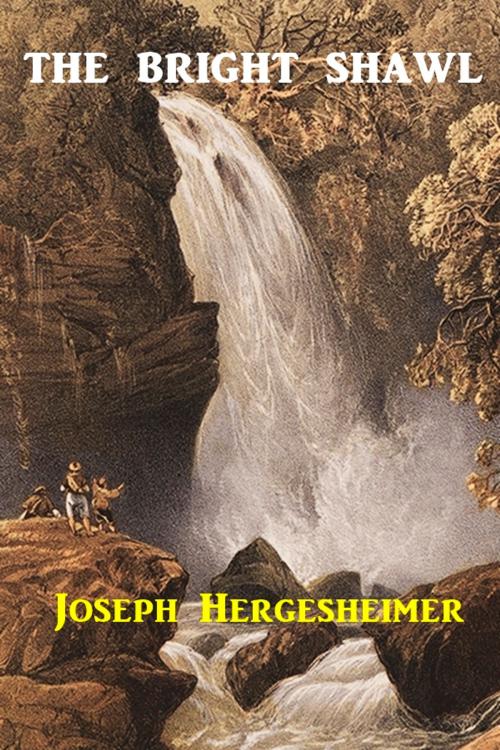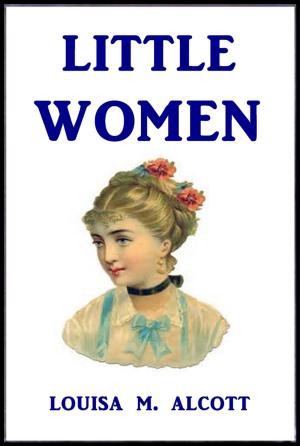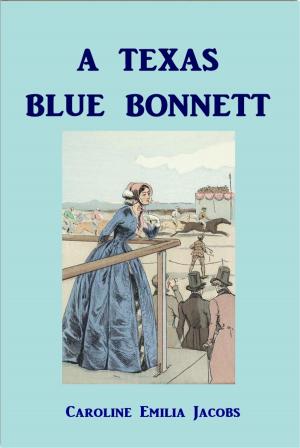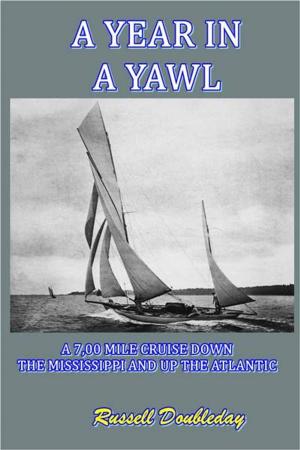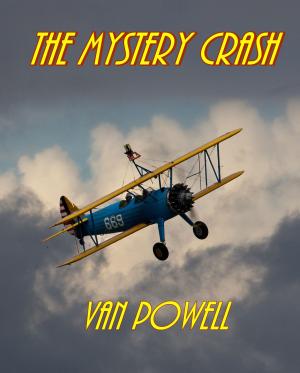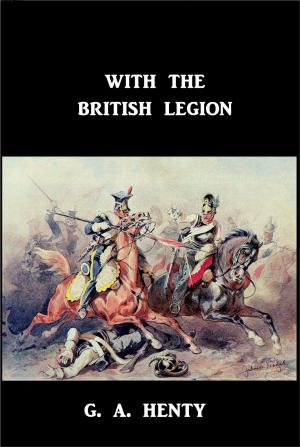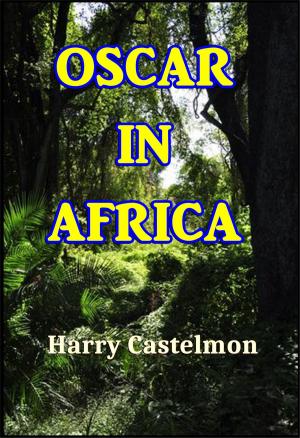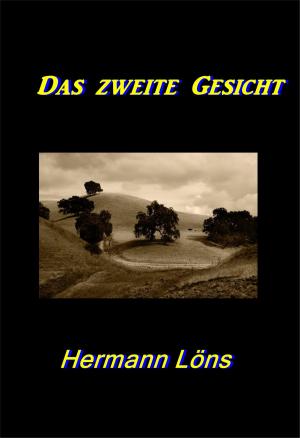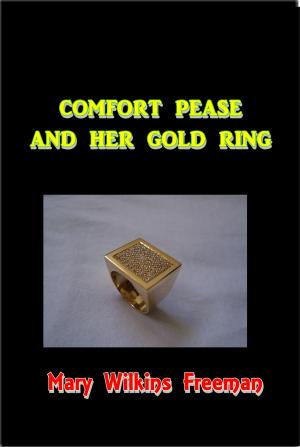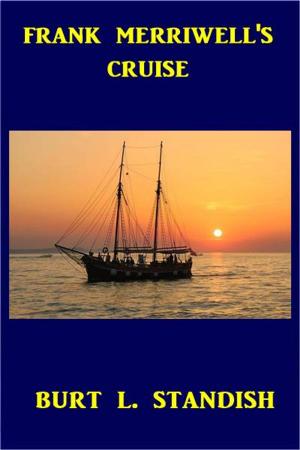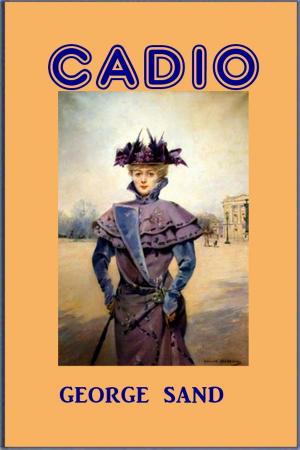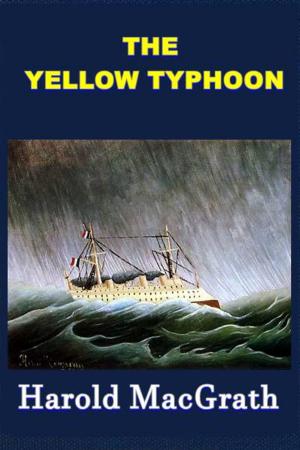| Author: | Joseph Hergesheimer | ISBN: | 1230001291896 |
| Publisher: | Green Bird Press | Publication: | July 29, 2016 |
| Imprint: | Language: | English |
| Author: | Joseph Hergesheimer |
| ISBN: | 1230001291896 |
| Publisher: | Green Bird Press |
| Publication: | July 29, 2016 |
| Imprint: | |
| Language: | English |
Joseph Hergesheimer (February 15, 1880 – April 25, 1954) was a prominent American writer of the early 20th century known for his naturalistic novels of decadent life amongst the very wealthy.
Hergesheimer's reputation fluctuated wildly in his own lifetime, from a peak of acclaim and popularity in the 1920s to almost total obscurity by the time of his death. Java Head, a miscegenation story told from multiple viewpoints that is generally considered his best novel, was a considerable popular success, and his flamboyant, ornate, highly descriptive style (which can be seen to best effect in works like the travelogue San Cristobal de la Habana) was considered elegant and powerful. Hergesheimer's manner of writing, known at the time as the "aesthetic" school, remained in demand throughout the 1920s (with F. Scott Fitzgerald's The Great Gatsby being the most durable example of a book written in this style). Sinclair Lewis's novel Babbitt includes an extensive passage in which the title character reads from Three Black Pennies. A 1922 poll of critics in Literary Digest voted Hergesheimer the "most important American writer" working at the time. Hergesheimer's works of long-form and short fiction sold well with both male and female readerships; a 1929 teaser in for an upcoming serialized story in Cosmopolitan, for example, called Hergesheimer a writer "who understands women better than any writer alive today." On the other hand, John Drinkwater wrote that "His constant complaint is that women readers, with their craving for sentimentality, are a blighting influence upon the American fiction of the age."
Joseph Hergesheimer (February 15, 1880 – April 25, 1954) was a prominent American writer of the early 20th century known for his naturalistic novels of decadent life amongst the very wealthy.
Hergesheimer's reputation fluctuated wildly in his own lifetime, from a peak of acclaim and popularity in the 1920s to almost total obscurity by the time of his death. Java Head, a miscegenation story told from multiple viewpoints that is generally considered his best novel, was a considerable popular success, and his flamboyant, ornate, highly descriptive style (which can be seen to best effect in works like the travelogue San Cristobal de la Habana) was considered elegant and powerful. Hergesheimer's manner of writing, known at the time as the "aesthetic" school, remained in demand throughout the 1920s (with F. Scott Fitzgerald's The Great Gatsby being the most durable example of a book written in this style). Sinclair Lewis's novel Babbitt includes an extensive passage in which the title character reads from Three Black Pennies. A 1922 poll of critics in Literary Digest voted Hergesheimer the "most important American writer" working at the time. Hergesheimer's works of long-form and short fiction sold well with both male and female readerships; a 1929 teaser in for an upcoming serialized story in Cosmopolitan, for example, called Hergesheimer a writer "who understands women better than any writer alive today." On the other hand, John Drinkwater wrote that "His constant complaint is that women readers, with their craving for sentimentality, are a blighting influence upon the American fiction of the age."
